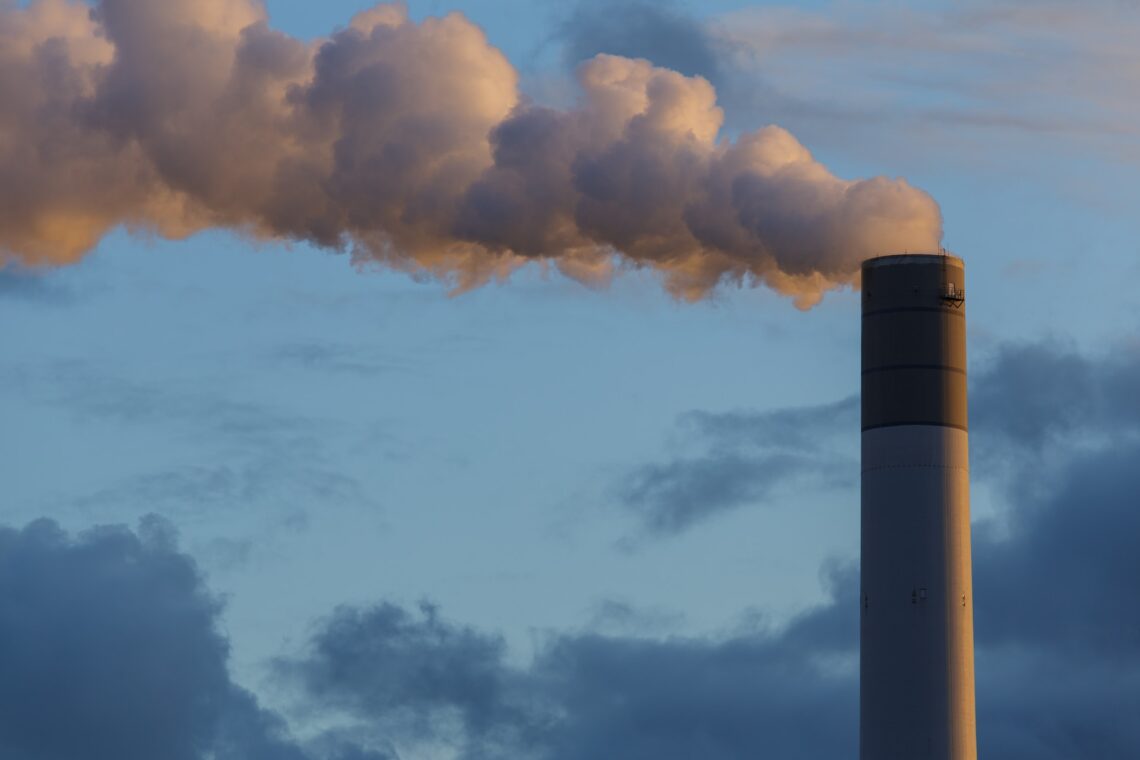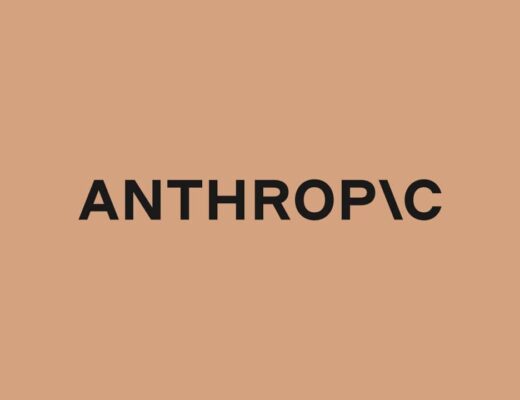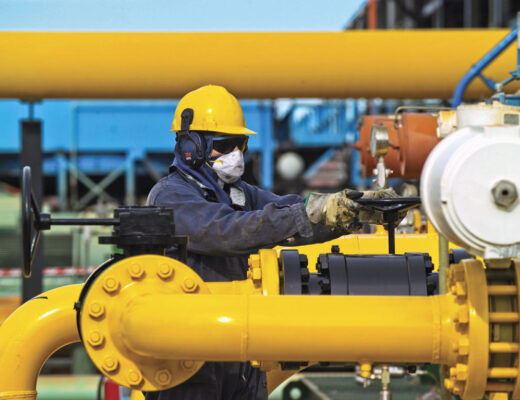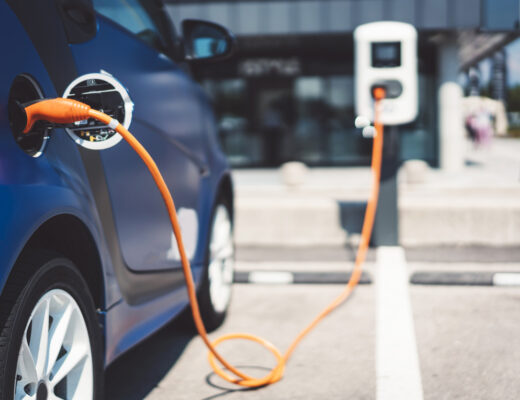Germany’s heavy industry gets subsidies
European countries are among the world leaders in meeting environmental targets. Despite the successes, there are still many challenges on the road to carbon neutrality, even for countries with strong economies. Germany’s heavy industry is lagging behind in reducing emissions due to the complexity of its processes. The government plans to allocate EUR 50 billion to improve performance in this area to help the industry move towards cleaner production. This money will be given as subsidies to companies that implement green programmes.
The initiative will run for 15 years, during which time the steel, paper, chemical and other industries will be eligible for financial support. The subsidy will be given to companies that produce at least 10 kilotonnes of carbon emissions per year. The programme is expected to reduce emissions by 350 million tonnes by 2045. It is worth noting that the industry must also reduce greenhouse gas emissions.
According to Germany’s environmental strategy, the country must reduce its emissions by 60% by 2030 and reach zero emissions by 2045. One of the key factors in achieving this target is the switch to cleaner production in heavy industry. The steel industry, for example, is responsible for around 30% of the sector’s emissions. Government subsidies will enable companies to make up the cost difference between traditional production processes and cleaner steel production. Similar mechanisms will cover other heavy industries.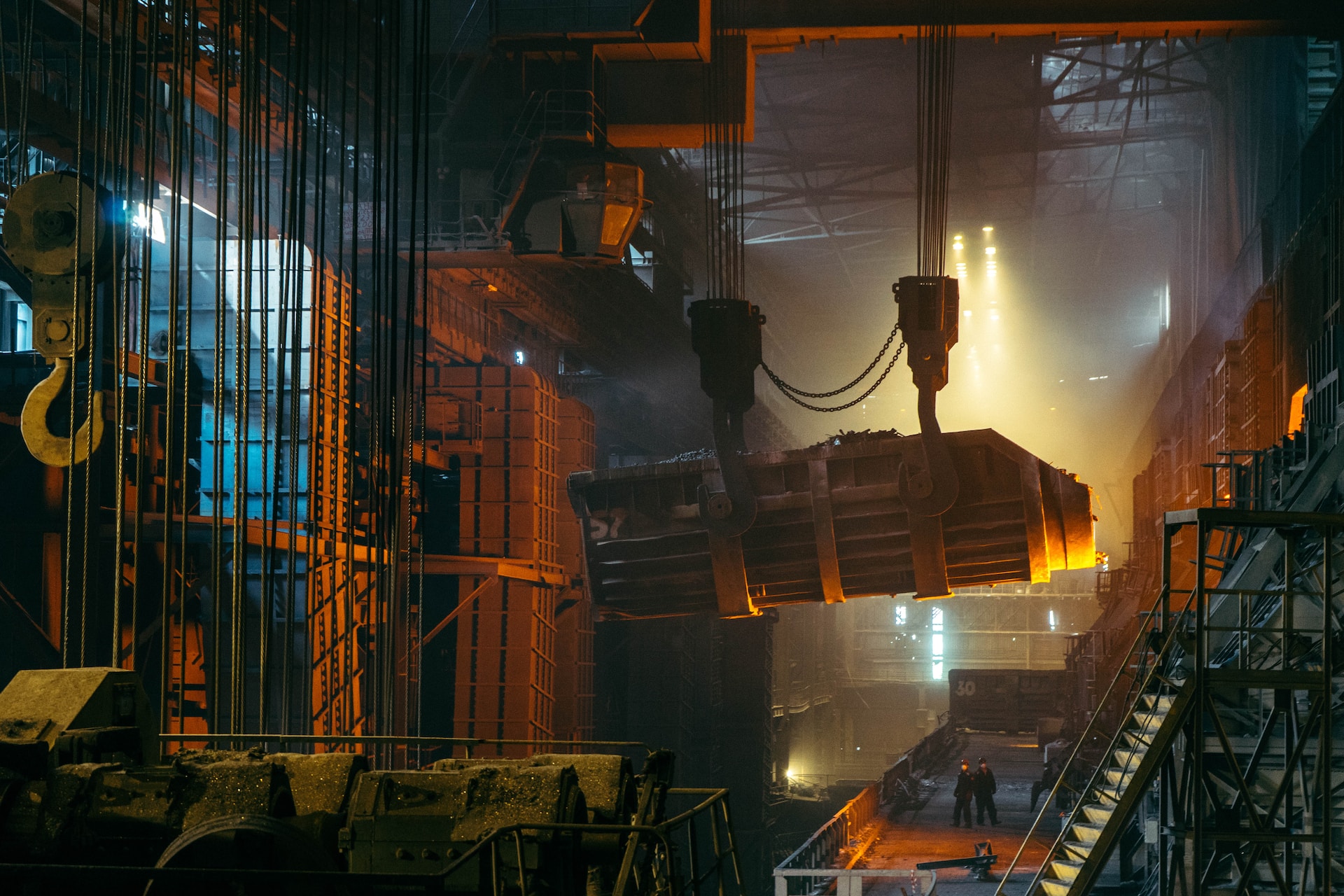
Features of the subsidy program
The subsidy programme will be implemented by auction. Companies will bid for a certain amount of aid, and those whose bid is lower than their competitors will receive funding. However, the government notes that the implementation plan for the programme is still under development and that conditions may change.
The transition to green production is very costly for companies, and it is difficult to implement fully without government or private companies’ support. For example, Thyssenkrupp, the country’s largest steel producer, has approached the authorities for funding. The company plans to build an innovative new plant where some processes will use hydrogen. The government will allocate about EUR 2bn for the project. The plant is due to come on stream in 2026. Initially, the plant will run on gas, but by early 2028 it will have to switch completely to hydrogen. Although the authorities are ready to support the construction of the new plant, they are still waiting for approval from the EU Commission.
